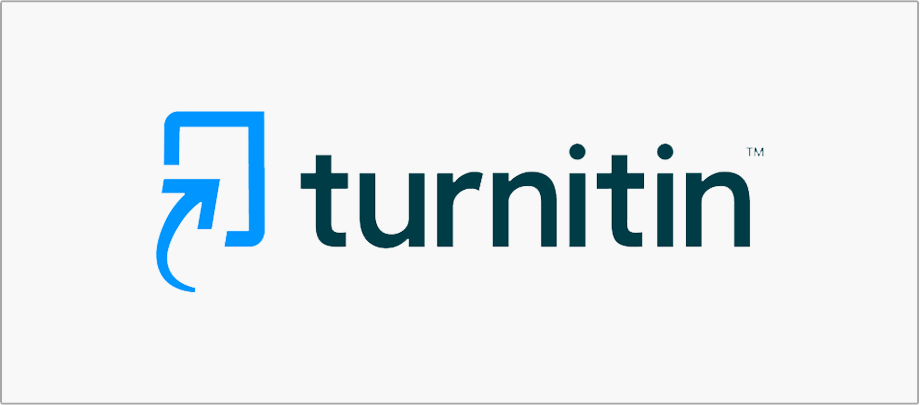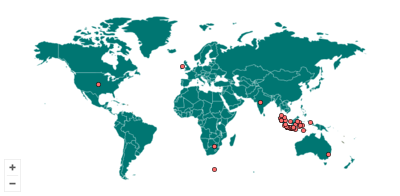EFEKTIVITAS ZAKAT PRODUKTIF MELALUI MUSTAHIK INCOME GENERATING PROGRAM (MIGP) PADA YAYASAN BAITUL MAL (YBM) BRILiaN BANDA ACEH
DOI:
https://doi.org/10.22373/al-mudharabah.v3i2.3016Keywords:
Effectiveness, Productive Zakat, MIGP ProgramAbstract
Productive zakat is believed to be able to improve the standard of living of mustahik to be more economically empowered in accordance with the objectives of productive zakat distribution in the law. In this case, the Baitul Mal Foundation (YBM) BRILiaN Banda Aceh applies it through the Mustahik Income Generating Program (MIGP) in agriculture. The problem in this study is the standard of YBM BRILiaN's assessment of the level of success and independence of mustahik in the implementation of the MIGP program, the level of transparency and accountability of YBM BRILiaN in the distribution of productive zakat through the MIGP program, and the review of Law Number 23 of 2011 on the effectiveness of productive zakat distribution at YBM BRILiaN. The research method uses a qualitative method in the form of descriptive analysis with an empirical normative approach. Data collection through interviews and documentation. The results showed that the research standards for assessing the level of success and independence of Mustahik were, namely: first, Mustahik can eliminate harm to himself and his responsibility; second, Mustahik is able to empower himself without help from others; and third, Mustahik gets a change in status from Mustahik to Muzakki. The distribution of zakat funds has been carried out very transparently, starting from the determination of mustahik to the method of distribution, and in terms of responsibility, YBM BRILiaN ensures that there is assistance for mustahik and there are reports on the development of mustahik businesses. As for the perspective of Law No. 23 of 2011 on the MIGP program, the results show that this program is effective in improving the quality of the mustahik economy in accordance with the objectives of productive distribution of zakat funds, and its realization has been carried out by considering the provisions in the Zakat Management Law.
References
Al Nasya Nurfajri, “Sistem Tata Kelola Dana Infaq Dan Efektivitasnya Terhadap Kinerja Pengelola Zakat Di Baitul Mal Kota Banda Aceh (Analisis Qanun Aceh Nomor 10 Tahun 2018”, Skripsi, (Banda Aceh: UIN Ar-Raniry 2022).
Hasil Wawancara dengan Muksalmina, Karyawan YBM BRILiaN RO BNA, pada 30 November 2023, di BRI Kantor Fungsional Banda Aceh.
Hasil Wawancara dengan Muksalmina, Karyawan YBM BRILiaN RO BNA, pada 30 November 2023, di BRI Kantor Fungsional Banda Aceh.
Hasil Wawancara dengan Muksalmina, Supervisor Pengelola Program MIGP Tahun 2023, pada 27 Maret 2024.
Hasil Wawancara dengan Rendy Septy Sanjaya, Supervisor YBM BRILiaN RO Banda Aceh, Pada Tanggal 25 Maret 2024.
Keputusan Ketua BAZNAS Nomor 64 Tahun 2019 Tentang Pedoman Pelaksanaan Pendistribusian dan Pendayagunaan Zakat Di Lingkungan Badan Amil Zakat Nasional.
Moh nazir, Metode Penelitian, (Jakarta: Ghalia Indonesia, 1999), hlm. 63.
Niza Rahmadina. “Analisis Keberhasilan Program Pendayagunaan Zakat Menggunakan Metode Indeks Pendayagunaan Zakat (IPZ) (Studi Pada Program Sejuta Berdaya LAZNAS Al- Azhar)”, Skripsi, (Jakarta: UIN Syarif Hidayatullah Jakarta 2022).
Noor Ahmad dkk, Outlook Zakat Indonesia 2022, (Jakarta: Pusat Kajian Strategis Badan Amil Zakat Nasional (Puskas BAZNAS)), hlm 102.
Nurul Husna, “Penyaluran Zakat Produktif Pada Program Beasiswa Satu Keluarga Satu Sarjana (SKSS) Di Baitul Mal Aceh Menurut Hukum Islam”, Skripsi, (Banda Aceh: UIN Ar- Raniry 2021).
Peraturan Badan Amil Zakat Nasional Republik Indonesia Nomor 3 Tahun 2018 Tentang Pendistribusian dan Pendayagunaan Zakat.
Peraturan Menteri Agama Republik Indonesia Nomor 52 Tahun 2014 Tentang Syarat dan Tata Cara Perhitungan Zakat Mal dan Zakat Fitrah Serta Pendayagunaan Zakat Untuk Usaha Produktif.
Ryanti, Benedicta Prihatin Dwi, Kewirausahaan Dari Sudut Pandang Psikologi Kepribadian, (Jakarta: Grasindo), 2003
Sudewo, Eri, Manajemen Zakat (Tinggalkan 15 Tradisi Terapkan 4 Prinsip Dasar) (Jakarta: Institut Manajemen Zakat), 2004, hlm 226.
Website https://ybmbrilian.id/tentang-kami/ (diakses pada 16 November 2023)
Downloads
Published
How to Cite
Issue
Section
License

This work is licensed under a Creative Commons Attribution-NonCommercial-ShareAlike 4.0 International License.












